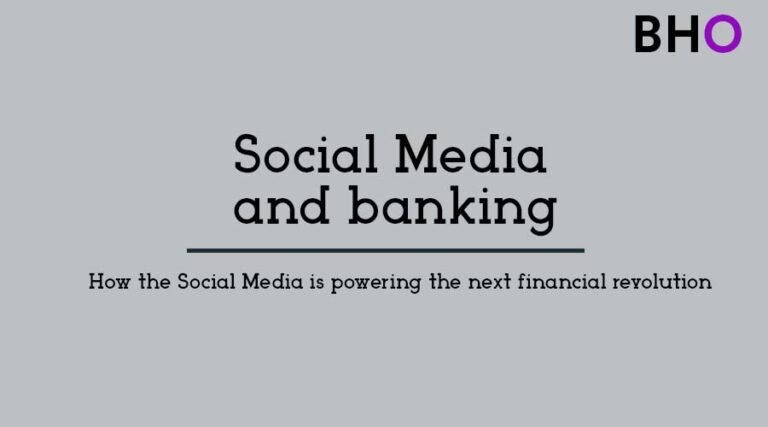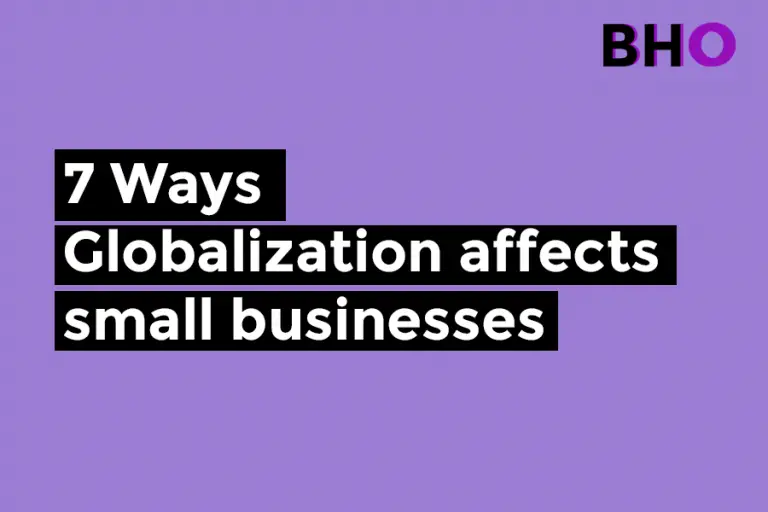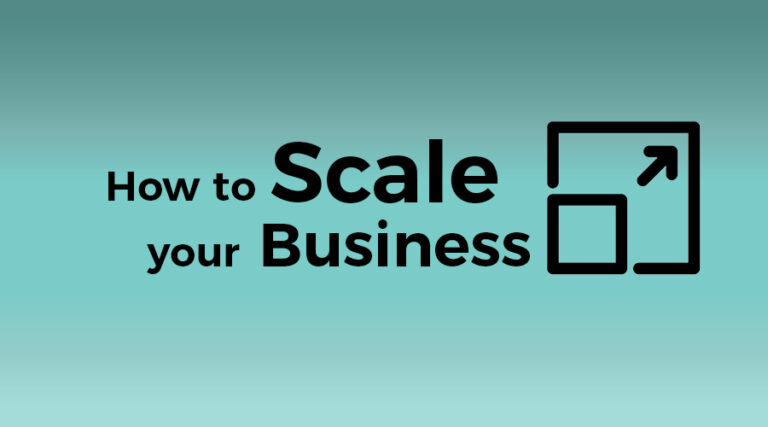Start.up.die: my thoughts on startup failure
What is a startup? and why is there a lot of startup failure?…
“A Startup is a temporary organization that searches for a scalable, repeatable, profitable business model to validate its existence.”
For a long time, I’ve considered a startup to be a business, but I’ve seen many founders’ startups go on for a few years till they eventually burn out and if the founder is a Nigerian, he goes back to his village. — of course not
He must have made enough connections and skills to be valuable to other organizations.
Upon reflection on the definition,
A startup was only in search of…..
A startup is a business?
As much as a startup founder might like to see himself as a CEO rather than as a businessman — representative
Unless you run a charity, there is nothing like free money
The series A, B, C, D, E, and F rounds of funding will eventually demand a report of profitability from you and if you don’t deliver you just might see yourself filing for bankruptcy protection.
Growth…
Proper attention must be paid to growth strategy to avoid startup failure.
Tech startups are not profitable in the first few years to allow for growth
The definition of a tech startup and their impressive valuations is the bet that they will become billion-dollar companies in no time — High risk higher reward
To achieve this, early on, the startup has to sacrifice growth for profitability
Burn rate
Burn rate is the rate at which a startup or just any company uses up capital raised to finance overheads while striving for profitability.
Suppose startupper is a new company and just finished series A funding and raised $1.2 million. Suppose the cost of staff, stationery, ad campaigns, payment for services, office space rent and others amounts to $100,000 per month.
It will take 12 months for the startup to run out of money.
It will take 12 months to reach profitability or look for a new round of funding.
Here comes series B…
Frenzy
The startup model sometimes puts pressure on the founding team as they hardly can start in a garage nowadays
There are standard practices, aggressive Twitter campaigns, and executive offices — move it to Silicon Valley if possible
or ask for a private jet like the founder of WeWork, Neumann
These are in themselves not bad pointers, but when your financials can not support your decisions — there lies the problem
One pay Cheque to another
When a startup is valued, especially a tech startup
It rides a lot on the reputation that it’s a tech startup — A highly valued
WeWork was valued as a tech startup in its earlier days and the moment its asset type and financials proved otherwise — its value dropped dramatically.
These valuations can make a startup pay less attention to its business model and just keep aggressively trying to develop the right product.
Pebble raised as much as $10 million to create smart watches and went on to raise an additional $56 million all in search of the right product — they did have some good fits but the market validation and profitability were not enough to keep going.
Finally,
Keep your burn rate under 1.0 — I think I just made that up
as 1.0 depicts the optimum running rpm for idling engines(pardon my mechanical engineering self)
Startups cannot afford to be R&D centres — The goal is to be a profitable business!
Develop products that have good market fit, gain traction and leverage these to create other products or go-along services
Startups differ from each other in terms of market space, approach, business model, funding type and many more
Startups are unique; one is not the other
This must be understood in building one and reducing the startup failure risk
Find the least resistant path to success — if you are Elon Musk and with some millions to throw around find the loudest path to success
I







5 Comments